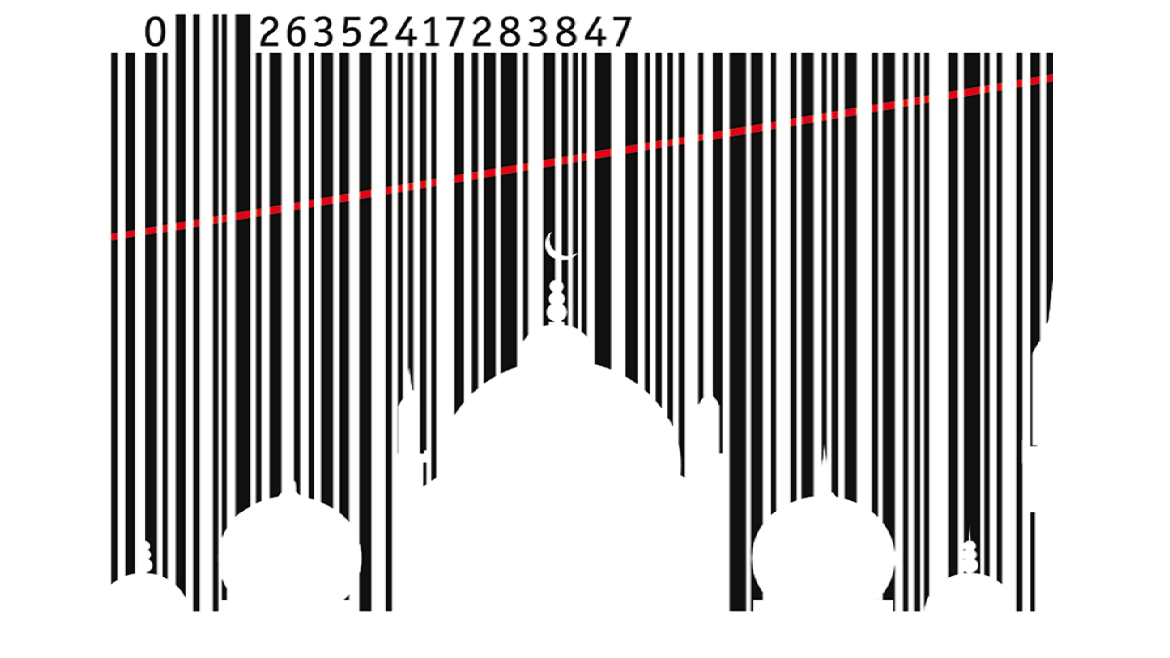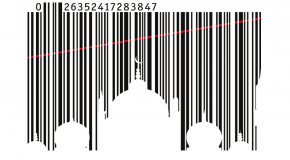Ignore the Sharia-conscious consumer at your peril. With the world’s Muslim population now at around1.8 billion and rising, few in business can turn their back on such a demographic. Since more than 50% of Muslims worldwide are under the age of 25 and, together, account for more than 10% of the world’s population, the prospects for the future look remarkably bright. From food and Islamic finance, the industry is spreading its wings into pharmaceuticals, fashion and tourism, among many other areas. But given the global nature of the business, the industry will grow at varying speeds in different regions, while certain segments will garner more attention than others.
The principal findings of the survey and a series of interviews with senior experts are as follows:
The Sharia-conscious consumer is an increasingly important segment across the world. More than one-half (54%) of survey respondents say that the market for Sharia-compliant products and services is already significant for their business. Asked the same question but for their business in three years’ time, the number of respondents giving the same answer jumped to 68%. Businesses are seeing this translate into sales: over one-half (51%) of respondents are currently enjoying annual growth in revenue of at least 5%, while 34% are registering higher than 15% growth. The same participants are sanguine about the future: over 60% of respondents foresee at least 5% growth in three years, while 43% envisage growth in revenue higher than 15%.
There are a collection of issues helping to promote growth in the Sharia marketplace. When asked to select up to three factors, the majority (56%) of survey respondents chose the growing acceptance of Islamic precepts and Muslim population growth in both Muslim (46%) and non-Muslim (39%) countries as important drivers of demand.
Three categories of regions are propelling demand: the “Muslim heartland” or Muslim majority countries; “mixed culture” countries such as those in South-east Asia; and non-Muslim countries such as those in North America and Western Europe. However, it is Muslim-majority countries that are seeing the fastest-growing demand. When asked to select the top three regions where Sharia oriented demand is currently growing strongest, 70% of respondents chose the Arabian Gulf countries, followed by North Africa (36%) and South Asia (34%). In three years’ time, respondents see largely the same trend: around 62% selected the Arabian Gulf countries, while 41% picked North Africa and 38% see growth in demand coming from South Asia.
Although areas such as halal-friendly tourism and Islamic fashion are growing in demand, halal food and Islamic finance are still the mainstays of the broader sector. Respondents see food and finance as having the fastest growth, both now and in three years’ time. Improving standards related to issues such as labelling and marketing communications could help to grow the businesses. No fewer than 81% of respondents to our survey agree that labelling products as halal, which is an integral part of the food industry, is important. This is a higher percentage than those (77%) who judge corporate branding, a key thought for banks, to be important.
Barriers to growth in the industry do exist. No fewer than 44% of those surveyed say that a lack of professional management and awareness on the part of the seller is holding business back. Almost as many respondents (42%) worry about a lack of convincing branding for products and services that comply with Sharia. Standardisation and certification, a troublesome issue within the global market for halal food, is seen by industry experts as a chief concern within the segment’s development.
There is no question that Islamic finance is seen as a vitally important enabler of the broader industry. More than one-half (55%) of survey respondents cite access to Sharia-compliant finance as important. An even higher percentage (58%) believe that easy access to such finance is crucial for their customers as well.
Demand for Islamic bonds (or sukuk) is expected to grow. Nearly 30% of survey respondents say they expect demand for sukuk to grow strongly, a view shared especially by those who work in finance. With international banks, particularly European ones, lending less in order to meet stricter requirements for capital, there is little doubt that banks and other such institutions in the Middle East and North Africa (MENA) will be encouraged to take up the slack, particularly in raising money for infrastructure and the like. As a result, Islamic bonds are likely to grow in popularity as a means of financing projects, particularly around the Gulf.
In the future, firms will have to show that they share the values of integrity and community to which Muslims aspire if they are to build a brand which endures. When considering what best promotes demand for goods and services that comply with Sharia, just over one-half (52%) of survey respondents point to a reputation for honesty and integrity on the part of the company offering the goods or services.






